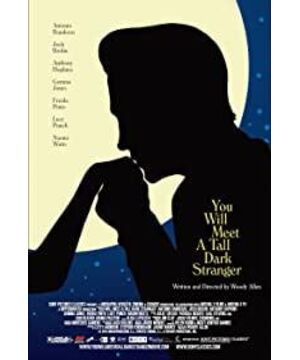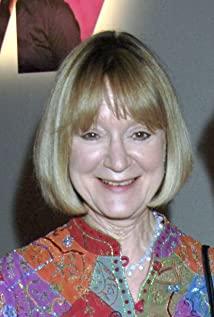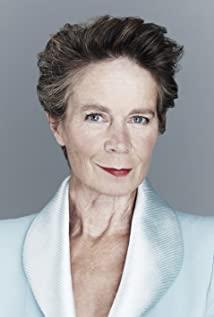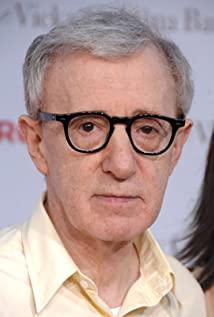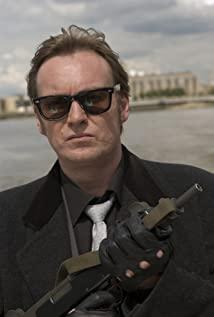His outlook on life determines his narrative, his subject matter, and even the length of the lens and the choice of camera position. This is not mysterious at all, you will know when you look at it a lot.
For example, does Woody's work have a big upward shot or a big overhead shot? No. Are there any special techniques? nor. The only thing that is more "technical" is the long shot of the quarrel in the middle, but the average audience will definitely not be able to tell that this is the end of the shot. The observant, calm narrative attitude, the absurd and sad core of the story, but with a relaxed and happy appearance, a "happy tragedy".
Some critics say that this film is Woody's "old" and "repetitive". Of course, if you look at the theme and style in general, some of it is similar to the past. But this conclusion is meaningless. First of all, this film is completely different from most of Woody's "playing by myself + nagging by myself", and also different from "London Trilogy" + "Midnight Barcelona", it is a more calm multi-line narrative form. In the past six months, I have reviewed more than 30 films of the old man, and the old man made relatively few films in the form of "Encountering Strangers". You can't just say it's a "repetition" just because there is a narration and jazz. Nonsense.
To put it wrongly, turning around to say that the center of this movie is to show "the noise and commotion of life". Some people may think "what's so great about this, it doesn't have much depth". In fact, the depth thing is sometimes hidden under the "surface of reality", which is dig by the audience. Of course, this "surface" must be strong and solid enough to form its own system. "Encountering Strangers" is such a movie.
Looking at the recent "high-speed train incident", it actually embodies a certain kind of "roar and commotion", with various angles and sounds intersecting and extending, and it is a real black absurd drama. It is not possible to use this as a subject in China, but this film by Woody Allen actually reflects the same connotation. The vitality of a work of art lies in its "universality". As long as you dig out the laws of human nature in the world, everything you shoot can reflect reality and social issues.
Going back to what I said at the beginning, whether you like this movie or not is actually a question of outlook on life. Do you agree with the director's outlook on life? Do you agree that life is full of arrogant and blind satisfaction (the Hopkins line), seemingly beautiful but desperate, the more you struggle, the deeper the hope (the line where the writer publishes a book and the wife opens a shop), Always looking at the bowl and thinking about the pot (Hopkins and the writer's affair), those wrong and wrong wishful thinking in life (wife-boss romance, red-dressed woman and boyfriend), seem unreliable Reliable (fortune-telling line) in the middle, seemingly reliable and unreliable (the final loss of all rational struggling people)...and so on, those events in life that are satisfactory on the surface but unsatisfactory in reality.
Most of these are unhappy and miserable, but the old man did not express it by crying. On the contrary, he has the feeling of telling the story in a detached manner, and the audience will also think that this is just a story, and no one will regard them as something that is happening in reality. Woody Allen has always prevented the audience from being overly invested in the world of the screen. Whether it is a proficient character speaking directly to the camera or the extensive use of narrative voice-overs, they are all telling the audience: drama is not life, life is just a drama.
Therefore, the events described in this movie have more "abstract" characteristics. Of course, they can happen in China, or anywhere, which is closer to the "universality" of artistic expression. And without mercy. The director achieves this goal through the control of "story" and "humanity". The development, intersection and integration of each clue is almost perfect. I think Woody's film has reached a new height after years of narrative experience.
Unlike the old man’s previous films, most films have a "Happy Ending" _ even if it is not absolute, it is a relative Happy. But the several lines of Ending in this film are very sad, even reaching the climax of the tragedy. The only place that can be called reunion is the dependence of the "old fortune tellers"-and this kind of completion is precisely what Based on the most unreliable (dismissed by daughter and son-in-law) and most inconspicuous way in the film. Only blind faith can make people feel at peace. Only failures and futile efforts to face reality will only drown in life, drowning in more "noise and commotion." This seems to be the insight that the old director gave after reading his life.
It seems very sad, but I don’t believe many audiences who can really feel the heartbreak when watching this movie. One is because of its "storytelling" feature, but also because of the warm tones, brisk soundtrack of the whole film, and the gentle care of the details of life (such as the writer and the lady in red eating out at noon when it rains), including the most vivid color of the whole film The color was given to the woman in red...and so on, the details made people feel the director's love for life. Yes, Woody Allen has always been a contradiction, he loves and fears life. Although as the god of death approaches, he will become more and more pessimistic, but the other side of him can't help but jump out to confront him. This "Encountering Strangers" is exactly such a product, so the film can also be regarded as a "tragic comedy."
This is not a good film that will make you fully engaged, but will make you think and react. If you are the kind of person who thinks about "what stupid things you have done before death comes", then this movie belongs to you.
Listening to the original soundtracks of the old man’s films over the years, so Shun wrote them down, which is a masterpiece that is easily overlooked.
View more about You Will Meet a Tall Dark Stranger reviews


